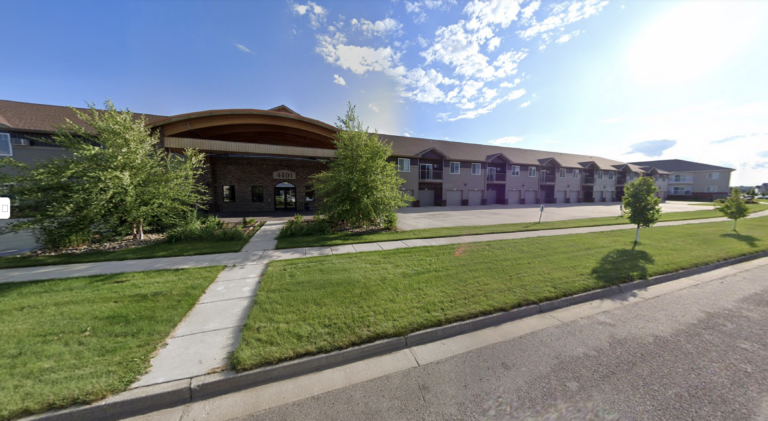
About the series: According to Elisabeth Kübler-Ross’s model, there are five stages of grief: denial, anger, bargaining, depression, and acceptance. While this model explains the grief cycle based on bereavement, we’re going to explore how loved ones and those with Alzheimer’s navigate the cycle as the disease progresses. Last week we talked about anger (click here to find that blog if you missed it) and how it affects not only the caregiver but also the person with Alzheimer’s themselves. This week we are diving into bargaining.The bargaining stage when it comes to Alzheimer’s may look a little bit like the denial stage, but it’s also when more guilt can come into the picture. In this stage, the guilt you feel may keep you trying to problem-solve on your loved one’s behalf until you’re exhausted. You may find yourself attempting to change what can be managed, but not entirely fixed.
Find Senior Living Near Me
Those with Alzheimer’s may bargain, too, thinking if they remain at home, everything will be fine. They may be very convincing, which can create additional struggles and safety concerns.
Running in Place
Before Melanie Williams’ mom was diagnosed with Alzheimer’s Disease, she and her brother found themselves in the thick of the bargaining stage. They tried to make things work, thinking that each next step would fix what was wrong.
They were convinced that if their mom’s diabetes could get under control, she would be okay. They set up reminders for her to take her medications, and she got a constant glucose monitor. Notifications from the monitor went right to Melanie so she could quickly step in. Melanie would drive about 15 minutes into town to check on her at all hours of the day or night if she received a notification and couldn’t reach her mom on the phone.
At one point, Melanie said, “The harder I tried, the worse it got. I kept thinking I’m not doing enough.” She was sandwiched between supporting her mom and wanting to be there for her children, who were still in high school at the time. The emotional weight became very taxing on her, creating tremendous guilt over how she spent her time.
Melanie and her brother continued finding more and more creative ways to help their mom manage her diabetes. They made sure there was healthy food in her fridge and created a water drinking chart to ensure their mom wasn’t dehydrated. They even moved her closer to a hospital, thinking it would be the answer. Despite all these significant support measures, their mom continued to be readmitted with complications of diabetes until, eventually, her doctors determined she shouldn’t live alone anymore.
Choosing Support
A residential community such as memory care allows those with Alzheimer’s to develop a consistent schedule and routine. That’s incredibly helpful for them, as short-term memory loss will be present, but keeping busy can matter just as much. Activities that they can do and enjoy are very important. It might take some time, but once they establish a routine with entertaining activities, they can start experiencing joy in their new community.
During the initial stages of a move, the “I want to go home” will probably come out of the woodwork. This is what the bargaining stage can look like for those with Alzheimer’s. It can put tremendous guilt on the loved ones getting their phone calls, as they may be convinced they will be all right if they can go home. It’s important to be sure that the memory care community you choose has everything they need, including a support plan for acclimating at the beginning.
Families should plan to help caregivers get to know their loved ones. Relaying their life history and personality traits before Alzheimer’s can guide staff to know what activities they will enjoy and how to communicate best. The benefit of a memory care setting is that there are typically fewer residents and more staff, allowing these individualized care needs to be met.
In 2022, we published Michelle and Paul’s story. Michelle shared her experience in moving her husband into a memory care community and the creative way she comforted him at the beginning of the move. You can find that blog here.




